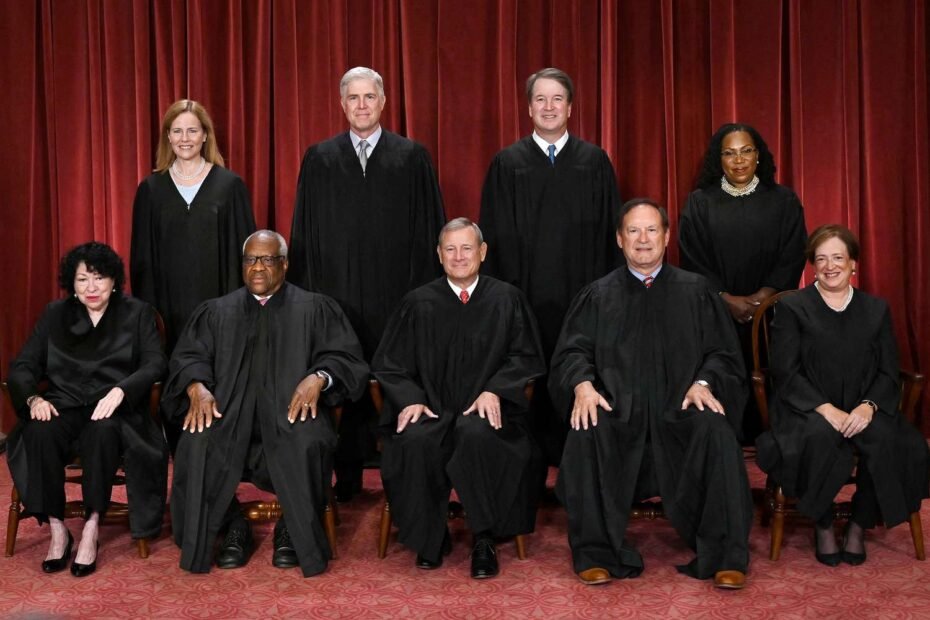a groundbreaking decision, the Supreme Court has permitted the enforcement of a stringent abortion ban in Idaho, marking a significant development since the overturning of Roe v. Wade. This provision, making it a crime for doctors to perform emergency abortions unless the mother’s life is proven to be in danger, is now in effect. However, the Supreme Court has agreed to review a case challenging the ban, with the Biden Administration contending that it violates federal law allowing some medical exceptions.
President Biden, responding to the decision, expressed concern over the impact of such bans on women’s health. He argued that these restrictions force women to travel for care and create obstacles for doctors in providing necessary medical attention. The President emphasized that such occurrences should not be happening in America.
Legal Analysis and Consequences
Wendy Davis, a former Texas state senator and Senior Adviser to Planned Parenthood Texas Votes, provided legal insights into the Supreme Court’s decision. She highlighted the consequential nature of this case, as it would determine the applicability of exceptions in Republican-backed abortion bans. Davis questioned the efficacy of these exceptions, labeling them as mere “window dressing” that may not genuinely safeguard women’s access to emergency life-saving healthcare.
Drawing attention to similar challenges in Texas, Davis outlined an ongoing case where a federal appeals court sided with the state, blocking the Biden Administration from requiring doctors to perform abortions in emergency medical situations, even if it conflicts with state law.
Challenges in Texas
Davis delved into the situation in Texas, where the Biden Administration’s guidance, under the emergency medical access law, clashed with state regulations. The guidance mandated hospitals receiving Medicare funds to provide emergency care regardless of state abortion bans. However, Texas doctors and hospitals faced the dilemma of having to refuse care due to the state’s restrictive abortion laws.
She emphasized the troubling position in which doctors found themselves, compelled to deny life-saving care, highlighting instances like Kate Cox and Amanda Zeroski, whose lives were jeopardized due to these laws. The Supreme Court’s forthcoming decision on this matter is anticipated to play a pivotal role in securing necessary healthcare for women in states with restrictive abortion laws.
Implications for Women’s Health
The overarching concern is the impact of such abortion bans on women’s health. The report underscored that women facing complications in their pregnancies, potentially life-threatening situations, are left with no option but to leave their states for access to necessary care. The fear of legal repercussions has led doctors and hospitals to shy away from providing crucial medical interventions, raising questions about the broader implications for women’s health and reproductive rights.
In conclusion, the news report brings attention to the evolving legal landscape surrounding abortion rights, with the Supreme Court set to determine the fate of restrictive abortion bans. The clash between federal guidance and state laws, as witnessed in both Idaho and Texas, highlights the complex challenges faced by women and healthcare providers. As the legal battle unfolds, the nation watches closely, recognizing the potential long-term consequences for women’s reproductive healthcare.
